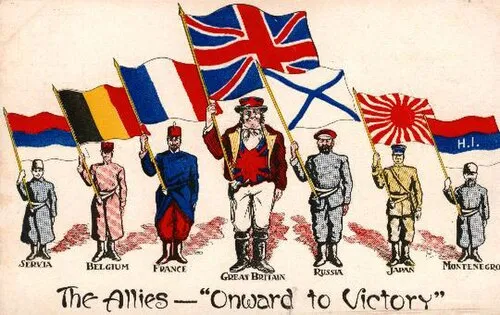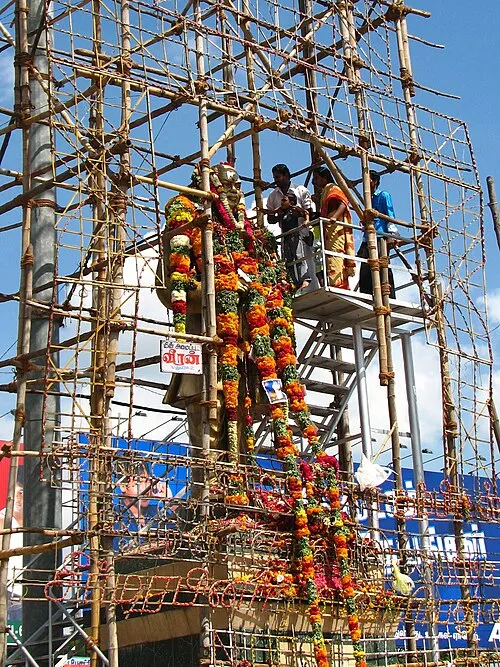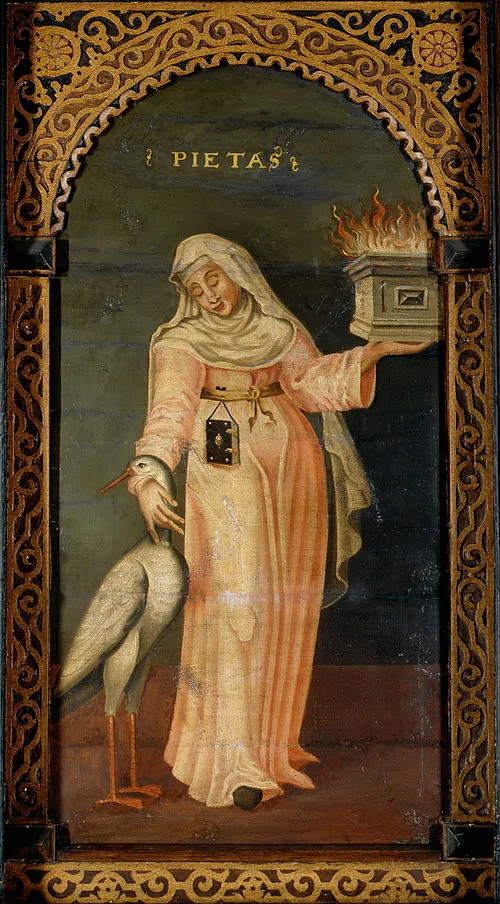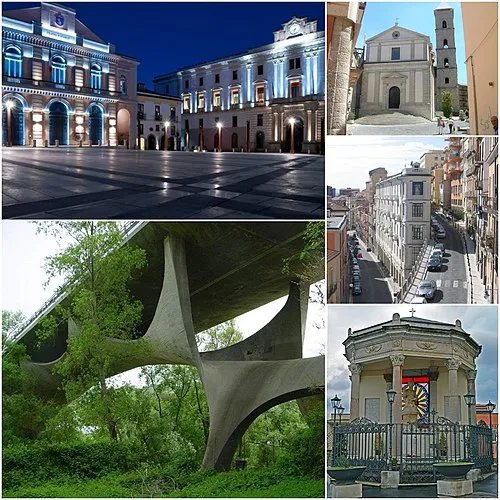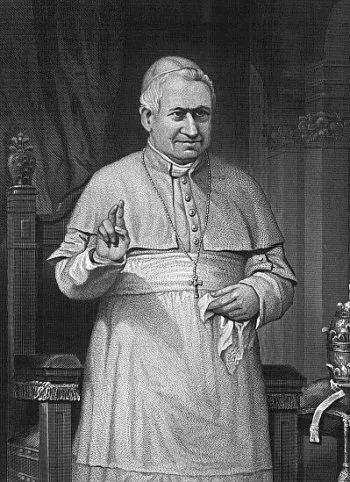
Blessed Dominic Collins: A Pillar of Faith in the Society of Jesus
Blessed Dominic Collins, a noteworthy figure in Irish Catholic history, is revered for his unwavering commitment to the Society of Jesus (Jesuits) and his profound dedication to spreading the Christian faith. Born in 1566 in Tralee, County Kerry, Ireland, Collins' life was woven with trials and triumphs that ultimately led to his martyrdom in the service of God. His legacy continues to inspire many under the banner of the Catholic Church.
Early Life and Background
Dominic Collins was born to a well-to-do family and received a robust education, which laid a solid foundation for his future calls to religion. His deep spirituality blossomed after he joined the Society of Jesus. The Jesuits, known for their educational efforts and missionary work, became a significant part of his life, shaping him into a dedicated preacher and spiritual leader.
The Jesuit Mission in Ireland
Tensions between Protestant and Catholic factions in Ireland during the late 16th century created a setting rife with conflict. Despite these challenges, Collins marched forward with a fervent heart, his faith driving him to strengthen the Catholic community through various means, including education and direct missionary work. His love for the Irish people and the Catholic faith led him to dedicate his life to serving others.
Martyrdom and Legacy
Collins’ resolve led him into perilous territories as he spread the message of Christ. In 1602, while in the region of Munster, he was captured by English soldiers during a time of increasing hostility against Catholics. Despite the severe torture and brutal interrogations he faced, Collins remained steadfast in his beliefs, refusing to renounce his faith or the teachings of the Church. His ultimate martyrdom on September 27, 1602, solidified his place in history; he was executed for his unwavering commitment to the Catholic faith and the Society of Jesus.
Beatification and Recognition
Dominic Collins was beatified by Pope Pius XI in 1895, recognizing his martyrdom and his contributions to the Catholic faith. His feast day is celebrated on September 27, and his life serves as an enduring signal of hope and strength for those facing persecution for their beliefs.
Inspiration for Modern Catholics
Blessed Dominic Collins' courageous stand for his faith resonates deeply within the modern Catholic community. He is often invoked as a patron for those who are enduring trials for their religious beliefs. His commitment to education and social justice serves as a blueprint for Jesuits today, inspiring new generations to strive for justice and stand firm in their convictions.
Conclusion
Blessed Dominic Collins exemplifies the profound impact an individual can have when fueled by faith and conviction. Through his life, martyrdom, and eventual beatification, he stands as a beacon of hope and a reminder of the challenges faced by Catholics during a tumultuous time in history. His legacy not only enriches Irish Catholic heritage but also serves as an inspiration for all, encouraging believers to live authentically and boldly share their faith with the world.

